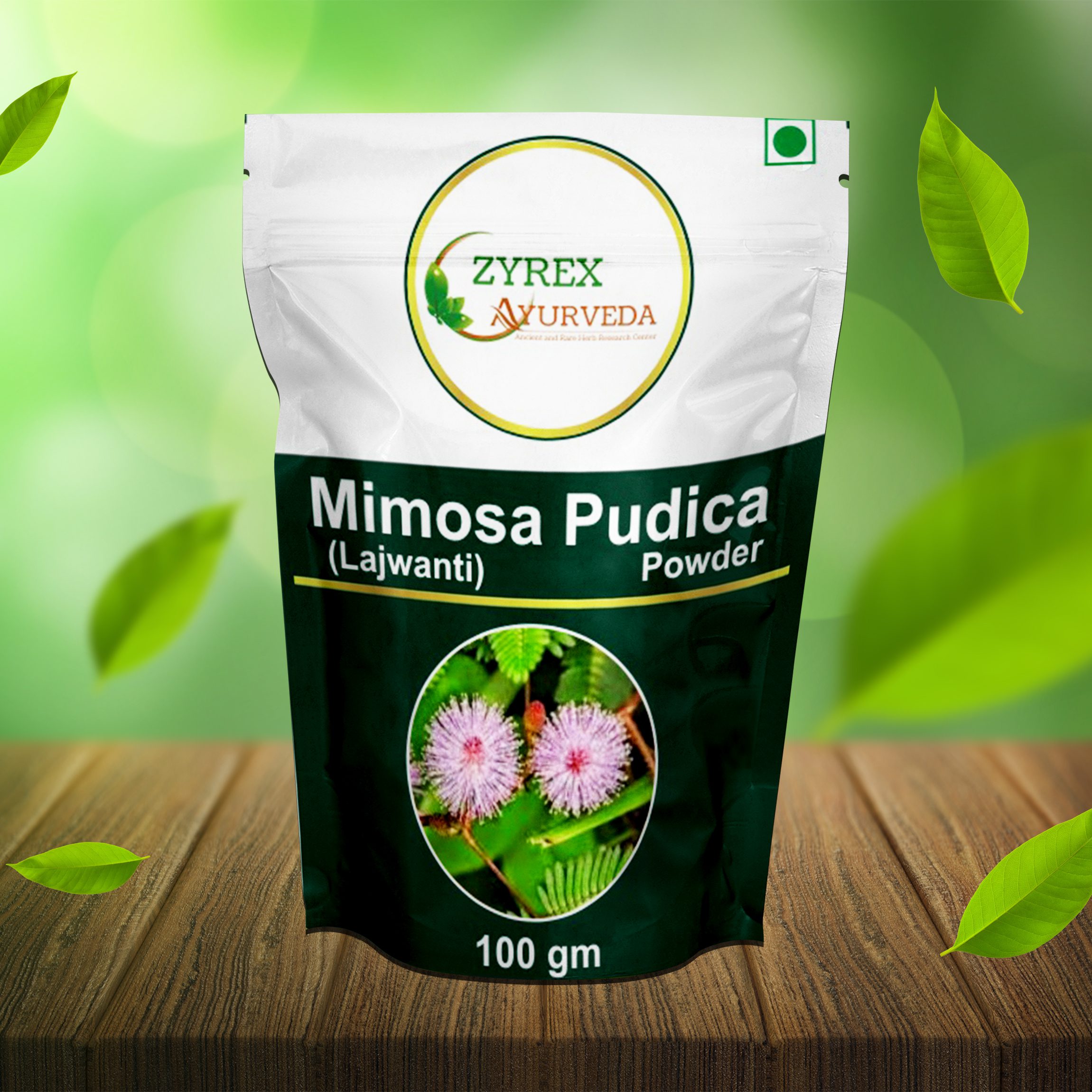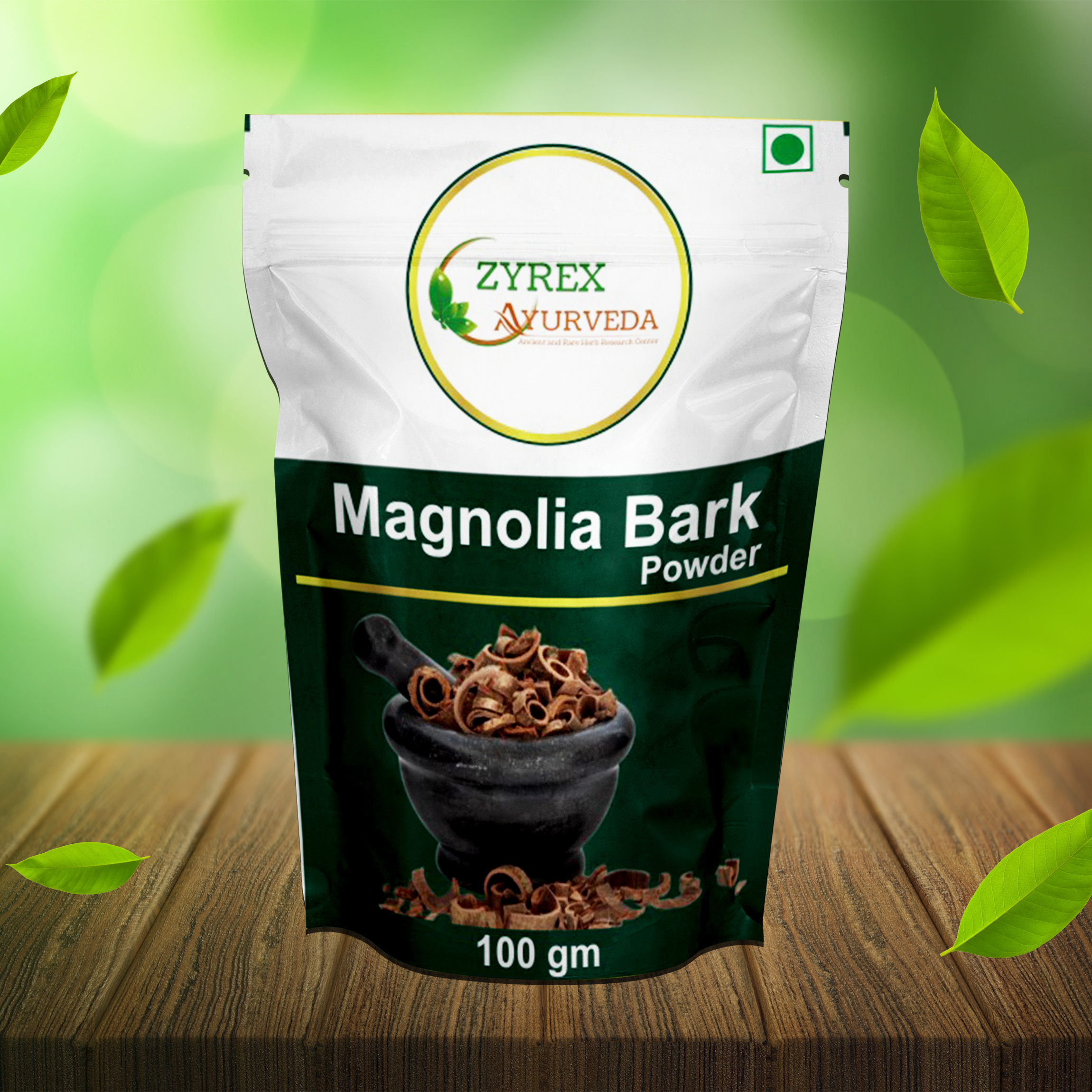Description
Camptotheca acuminata, also known as the Happy Tree or Cancer Tree, has a long history of use in traditional Chinese medicine for various ailments, including cancer. The plant is the source of camptothecin (CPT), a quinolone alkaloid with anticancer properties. Camptothecin inhibits a key enzyme (topoisomerase I) involved in DNA replication, leading to cell death in cancer cells







Reviews